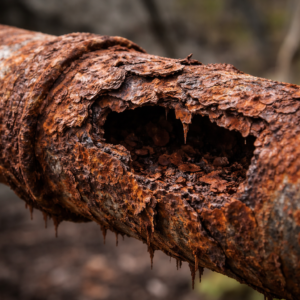Pickle Juice for Muscle Cramps: Old Wives’ Tale or Science-Backed Fix?
Muscle cramps—those painful, involuntary contractions—can be caused by dehydration, electrolyte imbalance,
overuse, or nerve issues. While many swear by pickle juice as a fast-acting remedy, does it actually work?
Why Pickle Juice?
Athletes popularized it, claiming near-instant relief. While high in sodium, research shows it works too quickly to be about electrolyte replenishment.
Instead, its acetic acid (vinegar) may trigger receptors in the mouth and throat that disrupt nerve signals, short-circuiting the cramp.
How to Use It:
Drink 2–3 oz of pickle juice at the onset of a cramp.
Relief often comes in under a minute.
Use it sparingly due to high sodium and acidity.
Best For:
Athletes
People with nighttime cramps
Occasional low sodium levels
Other Remedies:
Stay hydrated
Replenish electrolytes with sports drinks or foods like bananas
Stretch muscles
Try magnesium supplements
Potential Drawbacks:
High sodium = not ideal for those with high blood pressure
May worsen acid reflux
Can erode tooth enamel with frequent use
Bottom Line:
Pickle juice can offer fast cramp relief—not by replacing electrolytes, but by interrupting nerve signals.
It’s a quirky, science-backed hack—but not a substitute for overall health, hydration, and nutrition.





